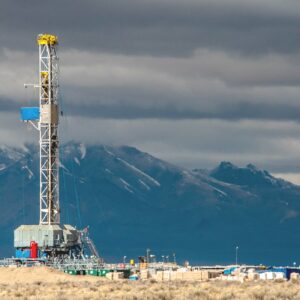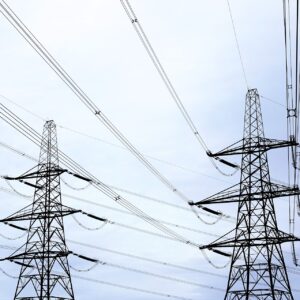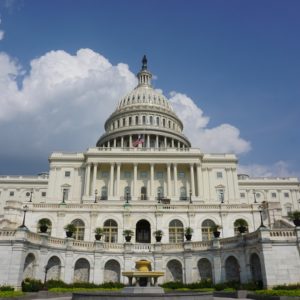"Rep. Curtis’ efforts have resulted in a much-needed conservative voice on energy and climate policymaking, emphasizing a 'big tent' energy approach, sharpened by American innovation and leadership. These milestones are worthy of celebration, but there is plenty of work ahead including permitting reform, advanced energy innovation and rebuilding America’s supply chains, which will continue to strengthen our economy, secure our nation and protect our environment for generations to come."
Trade is key to countering China’s clean energy dominance
"Support for increased economic openness, new trade agreements and the World Trade Organization is already retreating in Washington. It would be a major policy error, however, to conflate concerns about imports from China with concerns about trade more broadly. Indeed, the only way to effectively counter China’s dominance in clean energy technologies is to embrace more, not less, trade with most other nations."
How fracking could unlock a clean energy future
"To extract enough heat in places with cooler rock, geothermal developers must drill 15,000 feet or deeper, which is more expensive. Faster drilling helped the oil and gas industry dig deeper to squeeze more profits out of shale rock, and analysts expect geothermal drilling speed to similarly improve."
Growing Electricity Load, and a Growing Grid, Is Good for America
"There is a need to close regulatory gaps for local transmission planning. Customers are eager to collaborate with the Federal Energy Regulatory Commission, states, and regional partners to enhance transparency and review the prudency of local transmission projects."
Exclusive: Gulf state UAE considers a second nuclear power plant
"The UAE awarded Korea Electric Power Corporation (KEPCO) a $20 billion contract in 2009 to design, build and operate four reactors in Abu Dhabi towards the border with Saudi Arabia."
Politics Could Speed Up Clean Energy. They May Also Slow It Down.
"Yet there are signs of progress in other areas. One key bottleneck is approval for transmission lines: A record 1,400 gigawatts of total generation and storage capacity are currently seeking interconnection to the grid, more than the current U.S. generating capacity of 1,200 gigawatts, according to a new paper from Berkeley Lab. The Federal Energy Regulatory Commission is now working on a series of proposed rule changes to streamline the processes for approving transmission lines."
Copyright © 2020 Conservative Coalition for Climate Solutions





